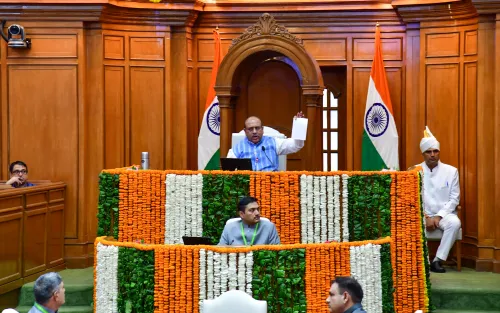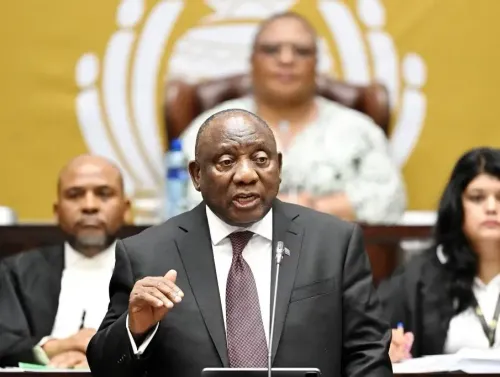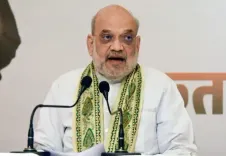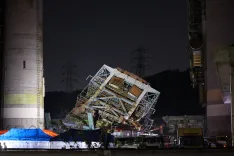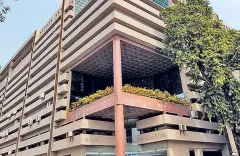What Major Legal Hurdles Await a Central Agency Probe in the Kolkata Law College Rape Case?
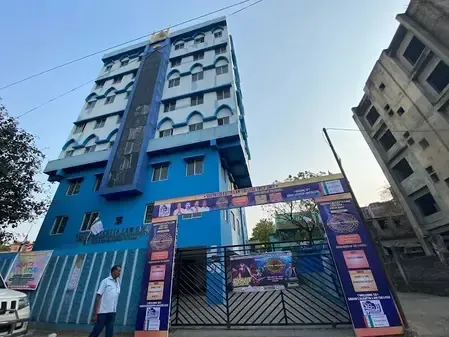
Synopsis
Key Takeaways
- A central agency probe into sensitive cases can face significant legal challenges.
- The victim's family’s preference plays a crucial role in pursuing investigations.
- Political influence can impact the integrity of law enforcement.
- Clearance from state authorities is often required for central agencies like the CBI.
- Public interest must be balanced with individual rights in legal proceedings.
Kolkata, July 9 (NationPress) A central agency investigation into the rape of a law student within her college grounds in Kasba, Kolkata, last month, as recommended by the Bharatiya Janata Party's (BJP) central fact-finding team, is likely to encounter significant legal obstacles, according to analysts.
The fact-finding committee presented its report to BJP President J.P. Nadda on Tuesday, suggesting a high-level independent inquiry led by either "renowned individuals" or a "central agency".
Legal experts assert that the only central agency capable of handling such a case is the Central Bureau of Investigation (CBI). However, the CBI can only initiate an investigation in state matters if there is a standing clearance from the respective state government or if a court orders it.
In recent years, the government led by Mamata Banerjee in West Bengal has rescinded this standing clearance for the CBI.
The likelihood of a court-mandated CBI investigation into the Kasba rape case seems minimal, especially since the victim's family has expressed confidence in the Kolkata Police and is currently not pursuing a CBI probe.
"In such situations, the expressed wishes of the victim or her family carry substantial weight for the presiding judge, unless the case poses a significant public interest. Therefore, the chances of a CBI inquiry into the Kasba rape case are currently slim," remarked a senior advocate from the Calcutta High Court.
Analysts suggest that if the case were related to financial misconduct or money laundering, a central agency could more easily intervene. In that scenario, the Enforcement Directorate (ED) could initiate an investigation without needing state clearance or court approval.
The BJP's fact-finding team has raised concerns regarding the police investigation's integrity, citing that the initial FIR referred to the three accused—Monojit Mishra, Jaib Ahmed, and Pramit Mukhopadhyay—by their initials rather than their full names.
"The committee has serious reservations about the police's conduct and investigation. The actual perpetrator may be an influential member of the Trinamool Congress, and the police may be attempting to deflect attention away from the real culprit," the report stated.
Furthermore, the committee questioned the rationale behind classifying Pinaki Banerjee, a campus guard, as an accused when the victim had described him as the "sole helpless witness" to the crime in her police complaint filed at the Kasba police station immediately following the assault on June 25.



